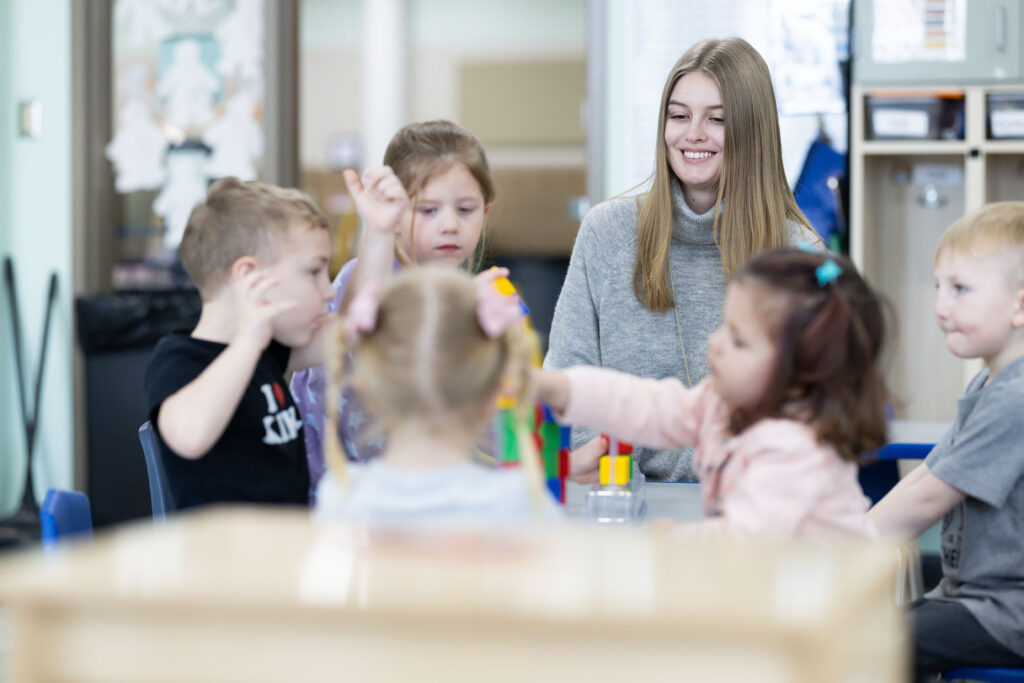
Education Department
The University of Wisconsin-Superior was founded as a teacher education college in 1893. That strong heritage of innovation and quality continues to guide our education programs today. Whether you’re interested in teaching at the birth to Pre-K level, elementary, high school or a specialty area, we have programs to help you become an educator who makes a lasting difference in students’ lives.
Teaching is one of the world’s most important and impactful professions. It is also one of the most challenging and rapidly changing. Our instructors teach the latest in instructional methods while providing techniques to support social-emotional development in diverse and inclusive classrooms.
While our programs are designed to align with Wisconsin state licensure requirements, many students apply for licenses in other states, such as Michigan and Minnesota. Students are encouraged to check with their state’s educator licensing agency to determine if there are additional requirements.
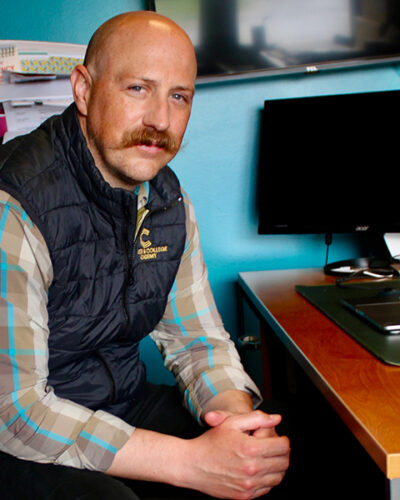
I explored multiple UW schools, and ultimately chose UWS. It checked all the boxes: it was remote, had a supportive online community and offered great access to instructors. I didn’t want to be a face in the crowd.
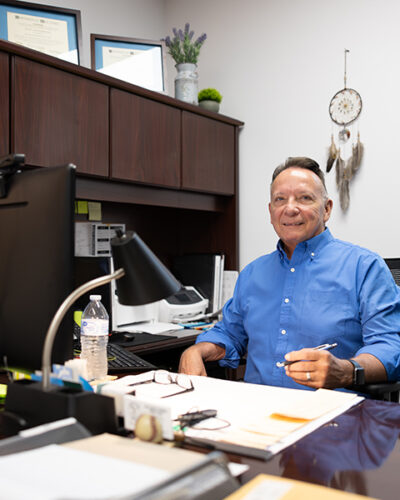
One of the most important things I’ve ever learned was from one of my instructors at UWS. He taught me not to ever sacrifice my professional ethics to fit in. My personal motto, which stemmed from that, is to always put students first.
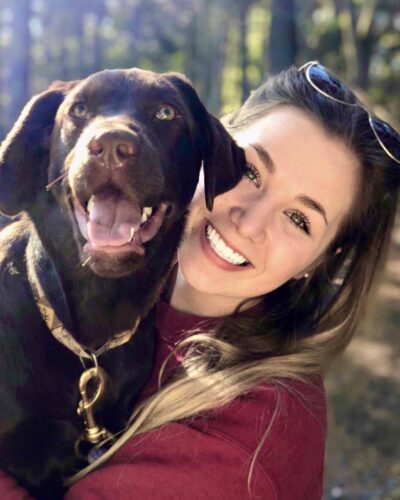
The ECED Program at UW-Superior has provided me with a well-rounded understanding of the development, learning, and exceptionalities of young children. Through my courses, I was able to observe, apply, and reflect on my knowledge of young children’s development with great support from my professors. I’m confident that the experiences and knowledge I have gained will serve me in my future classroom and beyond.
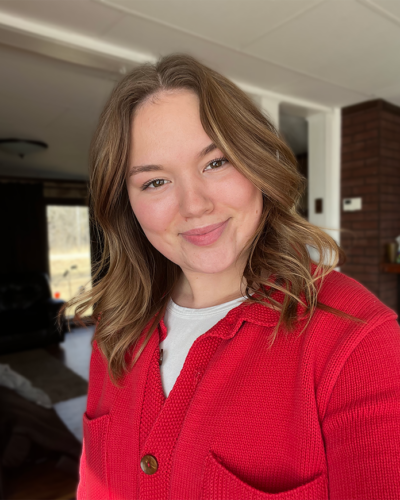
I have no complaints about UW-Superior’s special education program. I have been an online student for most of my college career here and still feel confident in my career path. The faculty, staff and community, on-and-off campus, are inviting and helpful.
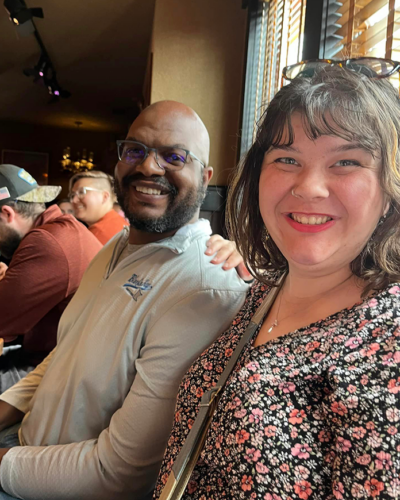
My experience in the Spanish Education program provided me with high-quality language skills in reading, writing, speaking and listening. Not only could I complete advanced-level tasks in these areas, but I also learned how to teach these skills to students at all levels and find appropriate ways to engage students of all abilities.
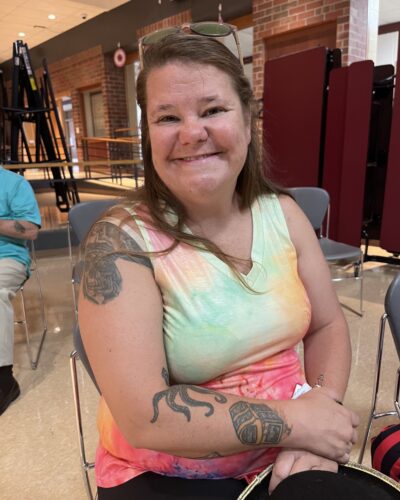
Completing my BFLA through Distance Learning has been such a wonderful experience. I have the flexibility of taking classes while working full time and taking care of my family. The staff and faculty have been extremely helpful and understanding throughout my academic journey and are willing to expertly find answers to any questions I may have.
Undergraduate Teacher Education Programs
Our Undergraduate Teacher Education Programs are your key to an exciting, rewarding career. If you have been called to teach, you already know the joy of seeing that “aha” moment when helping a child learn. Your journey toward learning the art and science of teaching starts today — at UW-Superior.
Educational Administration Program
UW-Superior’s Educational Administration Program offers graduate and postgraduate academic programs leading to a Master of Science in Education (MSE) degree and a Specialist in Education (EdS) degree. Program curriculum meets the Interstate School Leaders Licensure Consortium (ISLLC) Standards, which are directly linked to Wisconsin Department of Public Instruction PI 34 licensure requirements.
Counselor Education Program
UW-Superior’s Graduate Program in Counseling provides professional education and training leading to a Master of Science in Education Degree in Community and School Counseling. The program features:
- State-of-the-art clinical training.
- Professionals as faculty.
- Courses offered evenings, online, and on weekends.
- Individualized mentoring.
- MSE degree can be completed in as little as 2 1/2 years.
- General and specialized programs of study.
Format
Besides being offered in a variety of styles that contribute to effective student learning, our classes are offered with our students’ schedules in mind. Most of our classes are offered from 4 p.m. to 7 p.m. or 7 p.m. to 9 p.m. on weeknights. We also offer some weekend condensed and online classes.
Class Size
- Our classes provide for an intimate learning environment with a class size of 10 to 15 students. This allows for more individualized attention and flexibility regarding different instructional approaches and assignments. This also allows students and professors to get to know each other better.
Length of Program
- Most of our students complete our program in 2 ½ to 3 academic years.
Certification and Licensure
Licensed Professional Counselor
Students who complete at least a 60-hour master’s program (with an emphasis in Community Counseling), have two years of supervised post-master’s experience, and successfully complete the National Counselor Exam are eligible to be licensed as professional counselors by the Minnesota Board of Behavioral Health and Therapy or the Wisconsin Department of Regulation and Licensing. Students who are graduates of the M.S.E. Counseling program are currently eligible for this license. For more information, visit https://mn.gov/boards/behavioral-health/licensees/continuing-education/lpc-lpcc-continuing-education.jsp.
Minnesota Board of Marriage and Family Therapy
Students may qualify to become a Marriage and Family Therapist in the state of Minnesota. Students must complete graduate academic work, complete supervised post-degree experience, and pass the required national and state exams as outlined in Minnesota Rules 5300. The national examination may be taken as soon as the required academic work is completed. For more information, visit https://mn.gov/boards/marriage-and-family/.
School Counselor State Certification
Minnesota Educational Requirements:
(Option 1) Hold a master’s degree or the equivalent from a college or university that is regionally accredited AND show verification of completing a Board of Teaching preparation program leading to the licensure of school counselors.
Required Coursework: See https://www.revisor.mn.gov/rules/8710.6400/
Experience Requirements: The school counselor demonstrates through pre-practicum and practicum experiences the ability to provide educational counseling services to students. The practicum experiences must include a series of formal observations and directed instructional experiences with kindergarten or primary, intermediate, middle level, and senior high school students who are participating in a range of educational programming models.
Examination: Our program requires the Praxis Professional School Counselor (5421) or Praxis School Counselor (5422) exam.
Institution Recommendation Required? Yes
Certification: K-12
Background Check: National and State fingerprint check
Wisconsin Educational Requirements:
A master’s degree from an approved school counseling and guidance program and the institutional endorsement.
Experience Requirements: Clinical Experiences as provided in COUN 756 Internship – School Counseling (prek-12).
Examination: Our program requires the Praxis Professional School Counselor (5421) or Praxis School Counselor (5422) exam.
Institution Recommendation Required? Yes
Certification: K -12
Reciprocity: UW-Superior education programs are approved by the Wisconsin Department of Public Instruction to fulfill licensure requirements for the state of Wisconsin. If you seek licensure in a state other than Wisconsin, please see the Institutional Certification Office FAQ page.
Background Check: Yes
A master’s degree from an approved school counseling and guidance program and the institutional endorsement.
Experience Requirements: Clinical Experiences as provided in COUN 756 Internship – School Counseling (prek-12).
Examination: Our program requires the Praxis Professional School Counselor (5421) or Praxis School Counselor (5422) exam.
Institution Recommendation Required? Yes
Certification: K -12
Reciprocity: UW-Superior education programs are approved by the Wisconsin Department of Public Instruction to fulfill licensure requirements for the state of Wisconsin. If you seek licensure in a state other than Wisconsin, please see the Institutional Certification Office FAQ page.
Background Check: Yes
School Counselor Licensing | Wisconsin Department of Public Instruction
Scholarships
Student Teaching and Field Experience
Students benefit from hands-on field experiences woven into the program from beginning to end. Faculty and staff get to know each student’s unique abilities and goals and strive to match them with student-teaching placements that, upon completion, leave students prepared to begin teaching in a classroom of their own.